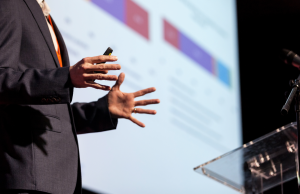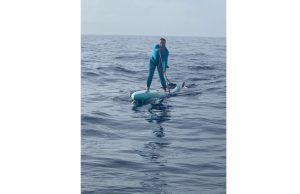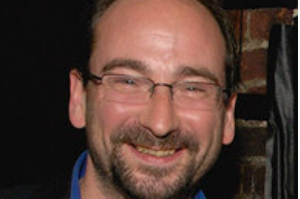Just four in 10 Millennial fundraisers – those between the ages of 24 and 35 – think their organizations offer some form of career advancement program. As a result, more fundraisers from this generation anticipate having to leave their organization to further their careers – 38% – than the 31% who believe they can advance by staying on.
That’s some of the data in the Association of Fundraising Professionals’ (AFP) latest compensation and benefits report.
Among the Millennial nonprofit fundraisers surveyed, 21% reported working for an organization that has a talent or leadership development program. That was the high-water mark for presence of career advancement programs. Some 16% have access to training on working with people of different generations, 14% say their workplace offers affinity groups related to identify or interests and only 8% have access to an on-the-job mentoring program for people new to most nonprofits’ lifeblood — fundraising.
Overall, 63% mentioned being unprepared for at least one aspect of their job, including 54% who cited being ill at ease regarding at least one fundraising task, such as making a direct ask of an individual or corporation, training on major gift stewardship or donor pipeline development.
Another 30% of Millennial fundraisers would welcome more training in general business operations, whether management or supervision, budgeting, finance or legal operations, managing priorities or communications, media or public relations training.
Two-thirds of respondents wanted to change organizations to gain higher-level fundraising skills, while 58% considered similar job changes to further their training in managing a team.
Disturbingly, few of these younger staffers indicated an interest in managerial topics at their current workplaces, possibly reflecting a sentiment that advancement within that category was not as likely. Only 5% wanted more information about career advancement and transitions, 3% wanted information on workplace culture and 2% were interested in deficiencies in organizations’ cultures of philanthropy.
“Young professionals are the future of our profession, and their expertise, energy and outlook can make a huge difference to the success of our organizations,” AFP President and CEO Mike Geiger said in a statement. “Yet, we are failing them, and in turn, hurting our organizations’ long-term success. In fundraising, we focus on the idea of donor stewardship — keeping donors engaged with our organizations, creating stronger and stronger relationships.
“We now need to practice fundraiser stewardship and think intentionally and pro-actively about keeping our young fundraisers engaged with our missions by providing them the tools and programs that they need to succeed and feel valued,” Geiger continued. “If we don’t, we’re going to lose them — maybe to other organizations, and maybe to entirely different professions if they feel they can’t make a difference in fundraising.”
Currently, more young nonprofit professionals do not have access to mentoring than do. Only 30% have job-based mentors, while another 19% gained mentors through the AFP. And only 15% report serving in a mentor role through the AFP.
The lack of mentors quantifiably impedes individual growth in the field. Among those who have such a relationship, 84% said their mentor either definitely or somewhat helped their career. They report higher average salaries, and income boosts of $6,100 when negotiating for compensation.
Results were derived from an AFP survey of 4,659 fundraisers of all ages located throughout the United States and Canada. Among these, 1,059 were classified as Millennial fundraisers.










